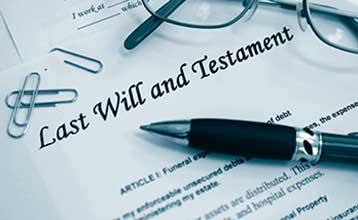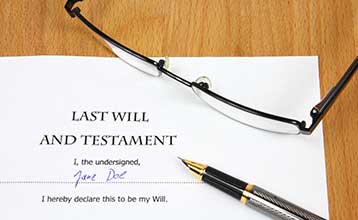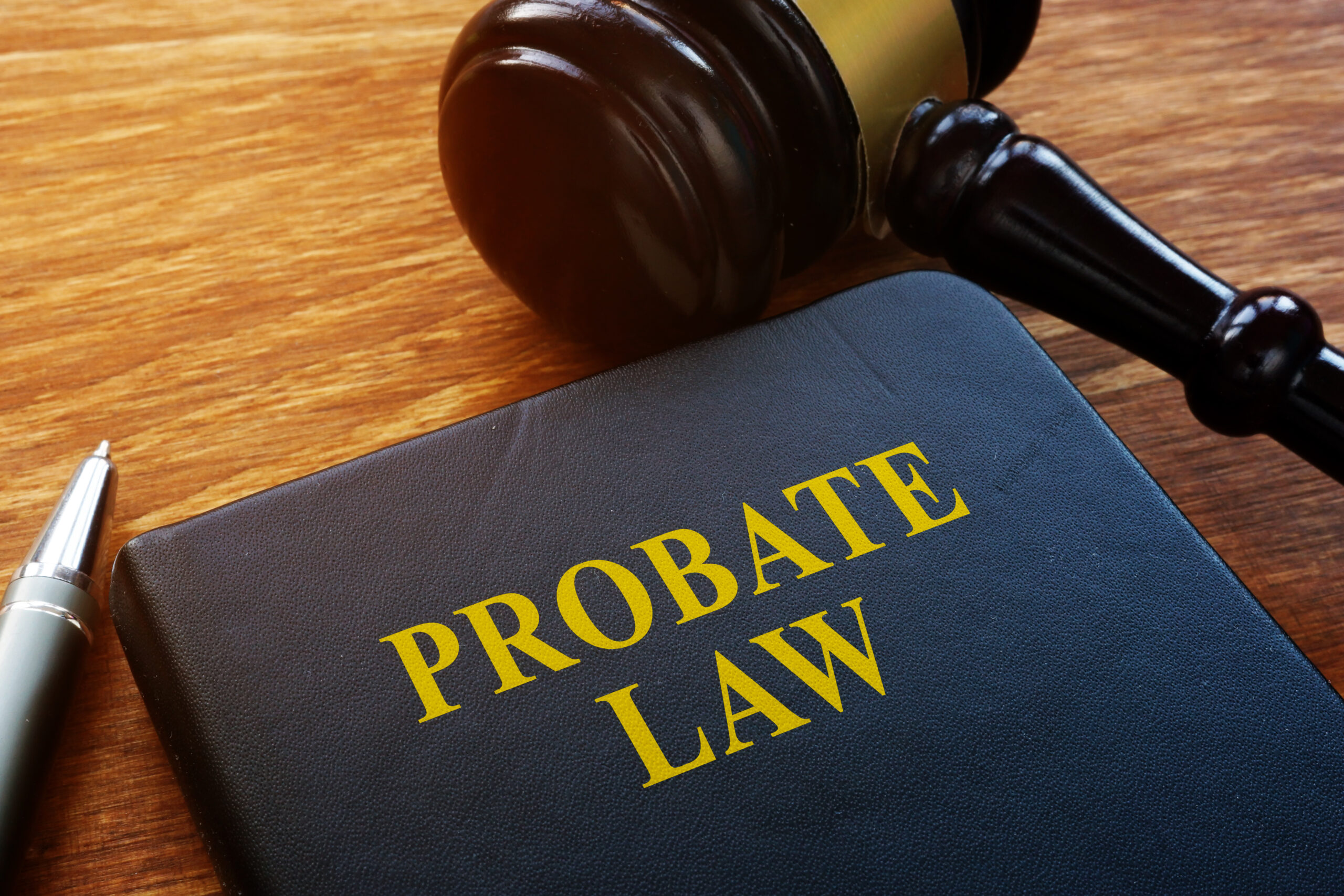What happens to your assets if you die without a will?
This article explores what happens to your assets if you pass away without making a will and addresses whether you might be entitled to an inheritance if a family member dies intestate.
Summary
If you have a will, the executor you appoint will distribute your assets according to your wishes. Without a will, the Intestate Succession Act determines who manages your estate and who inherits your assets, leaving you with no control over their distribution.
How are your assets distributed after death?
The distribution of your assets, or estate, depends on whether you left behind a valid will. A will is a legal document that specifies who will inherit your assets.
Distribution of assets with a will
When a person dies with a valid Will, the estate is distributed according to the directions in the Will.
If there is a valid will, there will be a person named as an executor in the will. The executor will have to apply for a Grant of Probate. Once he has obtained the Grant of Probate, the executor collects all the deceased’s assets from banks and financial institutions, pays off the deceased debts and taxes, and finally, he distributes the deceased’s assets to the beneficaries according to the will.
Distribution of assets without a will
If a person dies without a valid will in Singapore, they are considered to have died “intestate.” In this case, the Intestate Succession Act dictates how the estate is distributed among the deceased’s family members. Thus, dying without a will means the state decides on the management and distribution of your assets through the Intestate Succession Act.
Why Make a Will?
Thus, it is advisable to make a will. Creating a will ensures that you have a say in who manages your estate and who inherits your assets. Without it, the law makes these decisions for you, which might not align with your wishes.
What happens to the assets if a person dies without a will?
1. Assets are frozen
When a person dies, their assets are frozen. Money cannot be withdrawn from bank accounts, properties cannot be sold, and securities cannot be handled. The next of kin must apply to the court for Letters of Administration to access these assets.
Common scenarios requiring probate or Letters of Administration include:
- Solely owned HDB flats or private properties.
- Bank accounts in the deceased’s name.
- Insurance policies requiring proof of probate.
- Shares or cars that need to be sold or transferred.
2. Application for Letters of Administration
The deceased’s closest next of kin, typically the spouse or eldest child, should hire a probate lawyer to obtain a Grant of Letters of Administration. This court order appoints the next of kin as the personal administrator of the estate, responsible for collecting assets, settling debts, and distributing the remainder to the beneficiaries.
The Intestate Succession Act specifies who can apply for Letters of Administration. They are in order of priority:
- Spouse
- Children
- Parents
- Siblings
- Nephews and nieces
- Grandparents
- Uncles and aunts
The court will grant the Letters of Administration to the applicant, which the court assesses to be the best person to manage the deceased’s estate.
3. The Administrator will use the assets to pay off debts
The administrator compiles a list of the deceased’s assets and uses them to pay off debts, outstanding taxes, and loans, including bank loans, credit cards, and subscriptions.
4. Assets Distributed According to the Intestate Succession Act
Without a will, the distribution of the estate is governed by the Rules set out in the Intestate Succession Act. The Rules are as follows:
- Spouse but no children or parents: Spouse inherits everything.
- Spouse and children: The spouse gets half; the children share the other half equally.
- Children but no spouse: Children inherit everything equally.
- Spouse and parents (no children): Spouse gets half; parents share the other half equally.
- Parents but no spouse or children: Parents inherit everything equally.
- Siblings but no spouse, children, or parents: Siblings (or their children) inherit everything equally.
- Grandparents but no closer relatives: Grandparents inherit everything equally.
- Uncles and aunts but no closer relatives: Uncles and aunts inherit everything equally.
- If there are no surviving relatives, the Government is entitled to all the assets.
The administrator must follow these Rules to distribute the estate among the surviving family members.
Contact an experienced estate lawyer
If a loved one has just passed on, it can be an overwhelming and emotionally difficult task for the family members to deal with the deceased’s estate. The probate lawyers at PKWA Law provide a professional and compassionate service to clients who have lost loved ones and require legal assistance with applications to obtain a Grant of Probate or a Letter of Administration.
Fixed, clear & transparent fees
Grant of Probate
From $1,390
Letter of Administration


